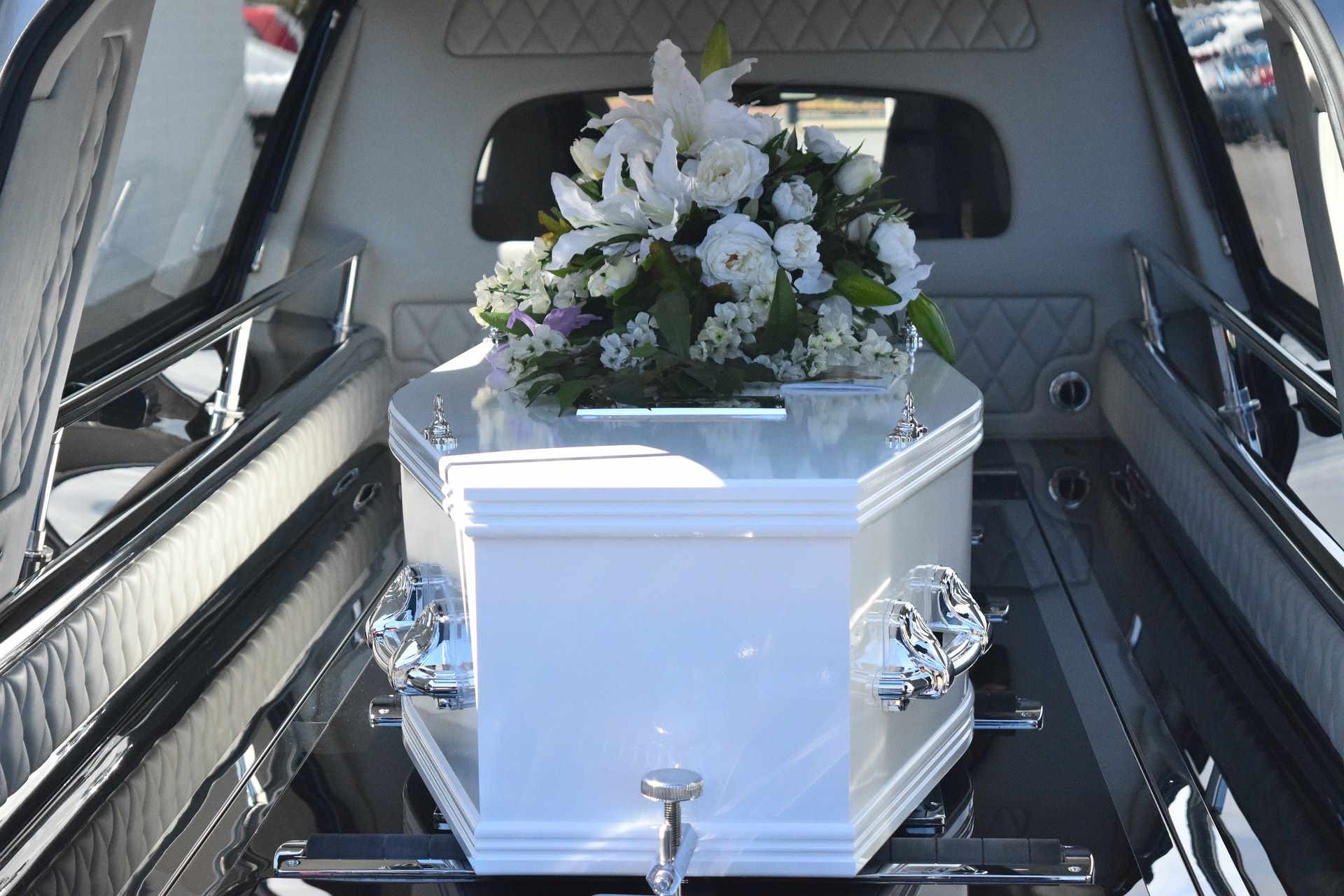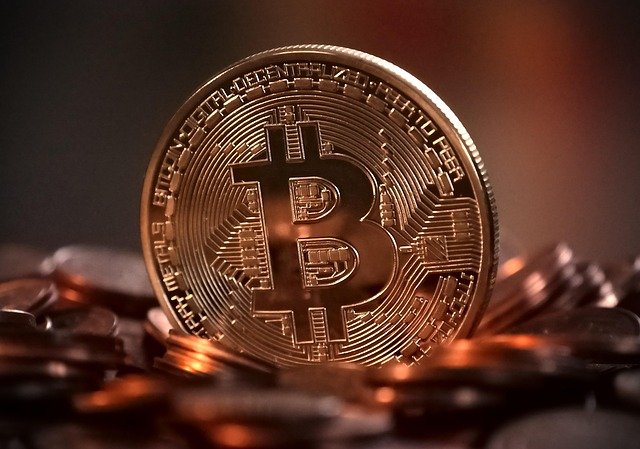Explore the Cremation Process and Its True Cost
The decision to choose cremation requires understanding both the process and associated costs. As cremation continues to grow in popularity, many families seek transparent information about what to expect. This comprehensive guide explores the cremation process and breaks down the real costs involved, helping you make an informed decision during a sensitive time.

What Is the Basic Cremation Process?
The cremation process begins with the careful preparation of the deceased. The body is identified and verified, and any medical devices or jewelry are removed. The body is then placed in a cremation container or casket made of combustible materials. The actual cremation takes place in a specially designed furnace called a retort, where intense heat (1,400-1,800 degrees Fahrenheit) reduces the body to bone fragments. This process typically takes 2-3 hours.
What Are the Different Types of Cremation Services?
Several cremation options are available to families:
-
Direct cremation: The simplest option with no viewing or ceremony
-
Cremation with memorial service: Allows for a service after cremation
-
Traditional funeral with cremation: Includes viewing and service before cremation
-
Witness cremation: Family members can be present for the cremation process
What Factors Influence Cremation Costs?
The total cremation cost varies based on several factors:
-
Geographic location
-
Type of service selected
-
Urn or container choice
-
Additional services (viewing, ceremony, transportation)
-
Death certificate copies
-
Facility fees and professional services
What Documentation Is Required for Cremation?
Before cremation can proceed, several documents are necessary:
-
Death certificate
-
Cremation authorization form
-
Medical examiner’s permit (in some jurisdictions)
-
Next of kin authorization
-
Disclosure forms and service agreements
What Should You Consider When Choosing a Cremation Provider?
Key considerations when selecting a cremation provider include:
-
Licensing and certifications
-
Facility maintenance and cleanliness
-
Transparency in pricing and services
-
Reviews and recommendations
-
Clear communication protocols
-
Environmental practices
What Are the Current Cremation Costs and Provider Options?
| Service Type | Average Cost Range | Typical Inclusions |
|---|---|---|
| Direct Cremation | $600 - $1,200 | Basic cremation, container, death certificate |
| Cremation with Memorial | $1,500 - $3,000 | Cremation, urn, memorial service |
| Traditional Service with Cremation | $3,000 - $6,000 | Viewing, service, cremation, casket rental |
| Witness Cremation | Additional $100 - $300 | Family viewing of cremation process |
Prices, rates, or cost estimates mentioned in this article are based on the latest available information but may change over time. Independent research is advised before making financial decisions.
The final costs of cremation services can vary significantly depending on location and specific needs. While direct cremation represents the most economical option, additional services and merchandise will increase the total expense. Many providers offer payment plans or pre-planning options to help manage costs effectively.
When considering cremation, it’s advisable to contact several local providers for detailed quotes and service explanations. This allows for comparison shopping while ensuring all necessary services are included in the final arrangement. Remember that the lowest price may not always represent the best value, as service quality and provider reputation are crucial factors in this important decision.




